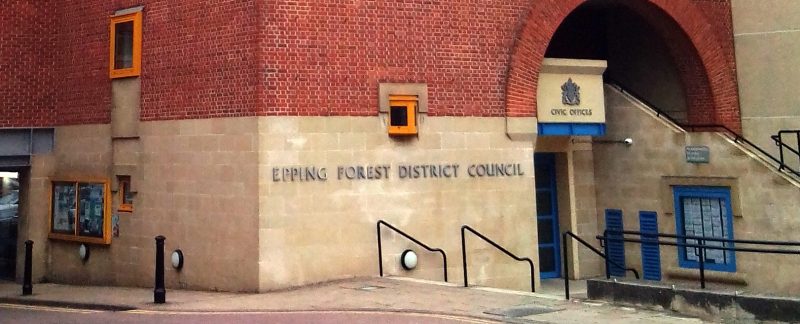Readers will know that Harlow Council recently adopted it’s Local Plan, but what of Conservative controlled Epping Forest District Council’s (EFDC) Plan?
The Planning Inspector examining the Plan has long had concerns about what effect the building of thousands of new homes and a huge increase in the number of vehicles on roads in the area will have on Epping Forest. EFDC have now adopted an Interim Air Pollution Mitigation Strategy which sets how it can address the Planning Inspectors concerns. It has to be said that much of what is in the strategy relies on issues outside the control of EFDC such as hoping for an increase in the use of electric vehicles and takes no account of the effect some of these measures may have on Harlow and it’s residents.
Controversially, the EFDC strategy will look to introduce a congestion charge system similar to that used in London, for vehicles being driven in or through a zone drawn around the forest. This may well lead to more traffic on Harlow’s roads as drivers try to avoid driving in the forest and having to pay to do so.
The Harlow Alliance Party (HAP) believe that this document is yet another example of politicians in the region not working together and ignoring research showing that the number of homes needed in the next decade is far less than was envisaged only a few years ago. Building thousands of homes on the Green Belt just outside of Harlow’s border is simply not needed, their deletion from the EFDC Local Plan would at a stroke make a substantial reduction in pollution levels in both Harlow and Epping.
HAP suggest that politicians should be looking collectively at the wider picture. For example extending the Oyster card system to include Harlow railway station would level up the fares with those on the London Tube service, resulting in less cars being driven into Epping from Harlow and removing the need for the Labour group’s fanciful idea of building a costly metro system to Epping Tube Station.
A further suggestion would be to construct an access road leading north onto the M11 at Loughton which would give direct access to the M25 and to Harlow’s new hospital at Junction 7A, reducing the need to drive through the forest and Harlow.
